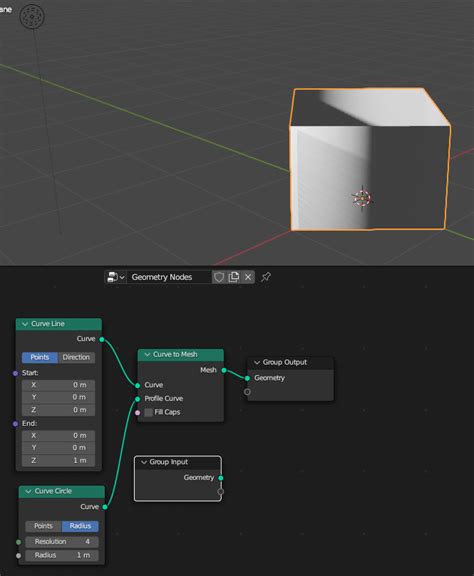The Complex Issue of Bitcoin Transmission Options: A Deep Dive into Node Decision Making
As the global cryptocurrency landscape continues to evolve, the debate about node decision making and transmission options is becoming increasingly topical. While nodes have the authority to decide which transactions to transmit, a critical question arises: can they be given the ability to prohibit the transmission of certain types of transactions? In this article, we will examine the reasons for allowing or denying the transmission of specific transaction types and examine the implications for node decision making.
Background: Node Decision Making and Transmission Options
In Bitcoin, nodes are responsible for validating transactions and deciding whether to transmit them. When a new transaction is broadcast to the network, it goes through several stages of validation before being added to the blockchain. Nodes must decide which transactions to transmit based on their own policies and guidelines.
Enabling Relay Options: Why It’s a Bad Idea
While giving nodes the ability to prohibit the transmission of certain types of transactions may seem like a convenient solution, there are significant reasons why it is not recommended:
- Unclear Guidelines: Without clear guidelines on what constitutes a spammy or malicious type of transaction, nodes may have difficulty making informed decisions.
- Network Stability: Allowing nodes to prohibit specific types of transactions could lead to network instability, as some transactions may be necessary for the entire ecosystem to function.
- Security Risks: Disallowing the transmission of certain types of transactions could introduce security risks, such as allowing spam transactions to be blocked without properly addressing the underlying issues.
Why this is a bad idea: P2TR_V1 specifics
One particular transaction type that may be of concern is P2TR_V1 (previous transaction). This transaction type involves spam, where previous output is reused for these transactions. In other words, it is the reuse of existing outputs to avoid fees or to simplify the process.
By default, nodes are expected to transmit all valid transactions, including P2TR_V1. However, this approach may not be sufficient to prevent sign spam. To address this issue, nodes may need to implement additional rules and guidelines to distinguish between legitimate and malicious P2TR_V1.
Is it a bad idea to give nodes the ability to prohibit specific types of transactions?
While the idea of allowing nodes to prohibit certain types of transactions may seem appealing, it is not a good approach for several reasons:
- Lack of clear guidelines: Without clear guidelines on what constitutes a spammy or malicious type of transaction, nodes may have difficulty making informed decisions.
- Network stability: Allowing nodes to prohibit specific types of transactions could lead to network instability, as some transactions may be necessary for the entire ecosystem to function.
Conclusion
In conclusion, while giving nodes the ability to prohibit the transmission of specific types of transactions may seem like a convenient solution, it is not recommended due to unclear guidelines, potential security risks, and a lack of clear requirements. Instead, it is recommended that nodes follow established protocols and guidelines for verifying and transmitting transactions.
Recommendations
To maintain network stability and prevent spam with inscriptions:
- Implement clear guidelines

: Establish strict rules and guidelines for what constitutes a malicious or spammy type of transaction.
- Use existing verification mechanisms: Leverage the existing verification mechanism for P2TR_V1 that has been working effectively for years.
- Continuously monitor and audit
: Regularly audit and audit nodes’ decision-making processes to ensure they are following established guidelines.

Leave a Reply